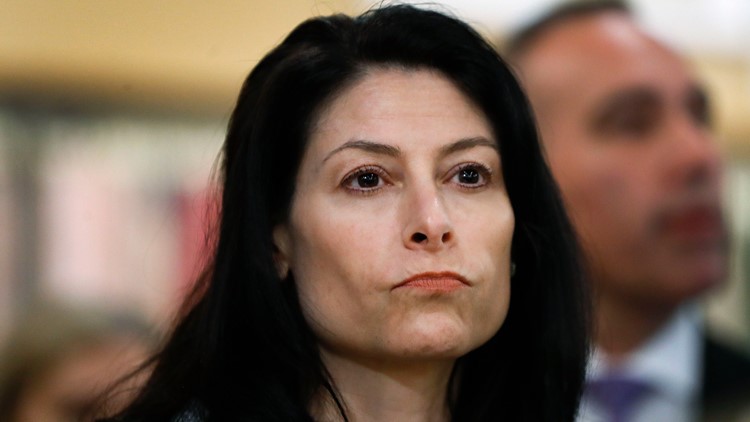NEW YORK (AP) — Major phone companies have pledged to do more to fight robocalls plaguing Americans, the country's state attorneys general say.
It's the latest step from government and industry to combat the growing problem. Americans get nearly 5 billion automated calls from scammers, telemarketers, debt collectors and others every month. Parts of the agreement echo steps already taken by regulators and Congress, which is working on anti-robocall bills .
There's no timeline, though, for the 12 major phone companies in the pact to fulfill the promises announced Thursday by attorneys general from all 50 states and the District of Columbia.
According to the agreement, the companies will offer call-blocking tools for free to customers, with the exception of those who still use old copper landline phones (where it's more difficult from a technical standpoint). Many of the major companies already offer this, although some charge for some or all of the services.
The companies will also block calls for everyone at the network level, landlines included.
The Federal Communications Commission has called on phone companies to block unwanted calls and expects carriers not to charge.
The agreement also asks the carriers to deploy a system that can label caller ID numbers as real. Scammers often use faked numbers to get people to pick up. The FCC already has asked for such a system, and companies have started rolling it out.
The state AGs also asks the companies to "dedicate sufficient resources" to quickly figure out where illegal robocalls are coming from when asked by law enforcement or by an existing industry group that is dedicated to tracing the origin of scam calls.
The telecom companies involved are AT&T, Bandwidth, CenturyLink, Charter, Comcast, Consolidated Communications, Frontier, Sprint, T-Mobile, U.S. Cellular, Verizon and Windstream. Not included are Altice and Cox, cable companies with millions of customers, as well as many small rural telecoms.
►Make it easy to keep up to date with more stories like this. Download the 13 ON YOUR SIDE app now.
Have a news tip? Email news@13onyourside.com, visit our Facebook page or Twitter.



